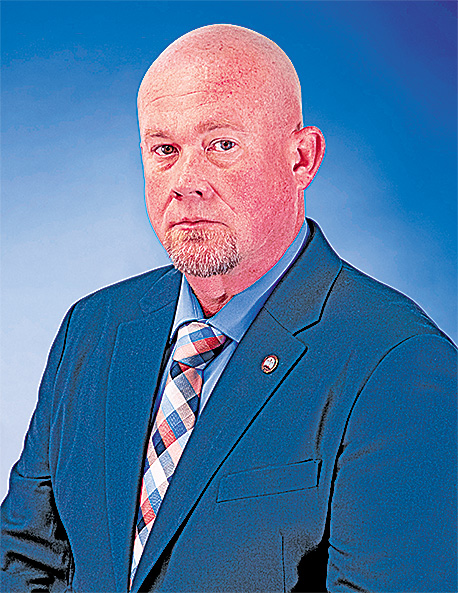There’s a whole world around us that we can’t see with the naked eye. It’s a world of mold, dust, smoke, bacteria, and other tiny particles that measure in millionths of meters. Without proper air filtration, there’s no telling how many of these particles we would inhale each day. HVAC systems rely on simple but critical air filters to capture as many of these particles as they can without compromising airflow. Some filters capture only the largest particles, while some are so powerful that laboratories rely on them to work in immaculate conditions. You may ask: “How strong should my air filter be?” That depends largely on the people in your home and the power of your HVAC system.
For Central Air
Air filters are rated on the MERV, or Maximum Efficiency Reporting Value, scale. This tells you the worst-case scenario of filtration for your filter in terms of particle diameter and the success rate of catching eligible particles. For residential furnaces, the MERV scale runs from 1 to 12, with 12 being the strongest.
Stronger may seem better, but that’s not always the case. A high-MERV filter could put up too much resistance to your system’s airflow, damaging your fan. Most residential furnaces call for a MERV rating between 5 and 8.
For an Individual Room
An indoor air purifier can improve air quality in a smaller space. For a concentrated area, you may want to consider a high-efficiency particulate air, or HEPA, air purifier. MERV filters can work at high efficiency, but HEPA and MERV filters are not the same. An air purifier with a HEPA filter can capture up to 99.7% of all particles in the air, meaning much cleaner breathing. These purifiers can run constantly, whereas central air runs in cycles.
For People with Allergies
If you have people in your household with allergic sensitivities, this changes how strong your air filter should be. In such cases, you should try to use the highest MERV filter rating possible for your furnace, understanding that as particles such as dander, dust, mold spores, and pollen quickly accumulate in the powerful filter, you’ll have to change it more often. When you use a high-MERV filter in concert with a HEPA purifier, you can attain the best possible air quality for your family.







